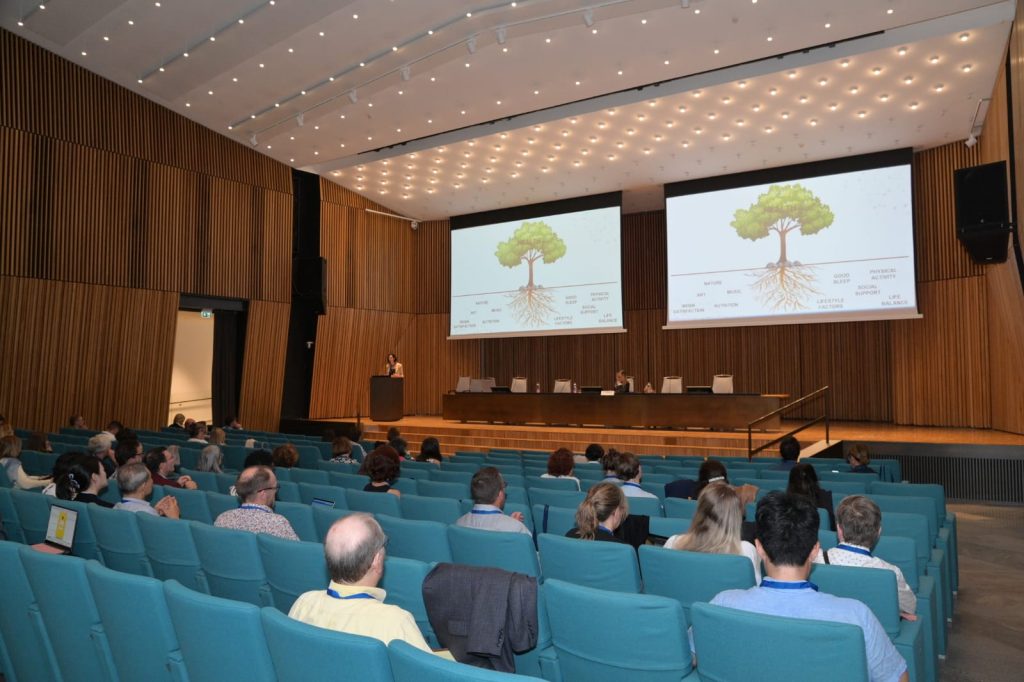
We are proud to share that Valentina Bollati has been invited as a Keynote Speaker at the 13th International Symposium on Biological Monitoring (ISBN 2025). Her lecture, entitled “From Exposome to Epigenome: Mapping the Imprint of Our Environment”, was presented in the framework of INES (Initiative of Epigenetics for Smiles), highlighting how our research initiative connects molecular epidemiology with public health challenges.
The keynote addressed one of today’s most exciting frontiers: deciphering how lifelong environmental exposures — chemical, physical, behavioral, and social — leave lasting traces on the epigenome, a key mediator of gene–environment interactions. Recent advances in multi-omic integration, nanopore-based methylome mapping, and machine-learning approaches are enabling researchers to connect complex exposure profiles with epigenetic signatures such as DNA methylation, histone modifications, and non-coding RNA regulation.
An illustrative case study was the MAMELI project (“MApping the Methylation of repetitive elements to track the Exposome effects on health: the city of Legnano as a LIving lab”, ERC Consolidator Grant 2022). With more than 6,200 participants, MAMELI combines pollutant profiling, wearable- and GPS-based exposure tracking, and third-generation sequencing to develop predictive algorithms of repetitive element methylation. Importantly, the project also explores whether these epigenetic imprints can be reversed through lifestyle changes, validating results in intervention cohorts.
By integrating comprehensive exposome profiling with mechanistic epigenomic insights and participatory urban living labs, exposome–epigenome mapping emerges as a powerful approach to improve causal inference, identify biomarkers of resilience, and design precision prevention strategies in public health — fully in line with the mission of INES.

